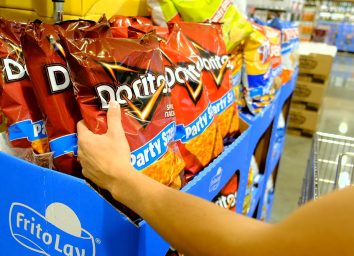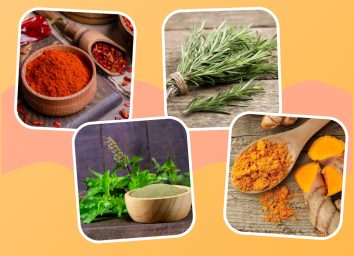This New Sugar Could Massively Change Grocery Products As We Know It
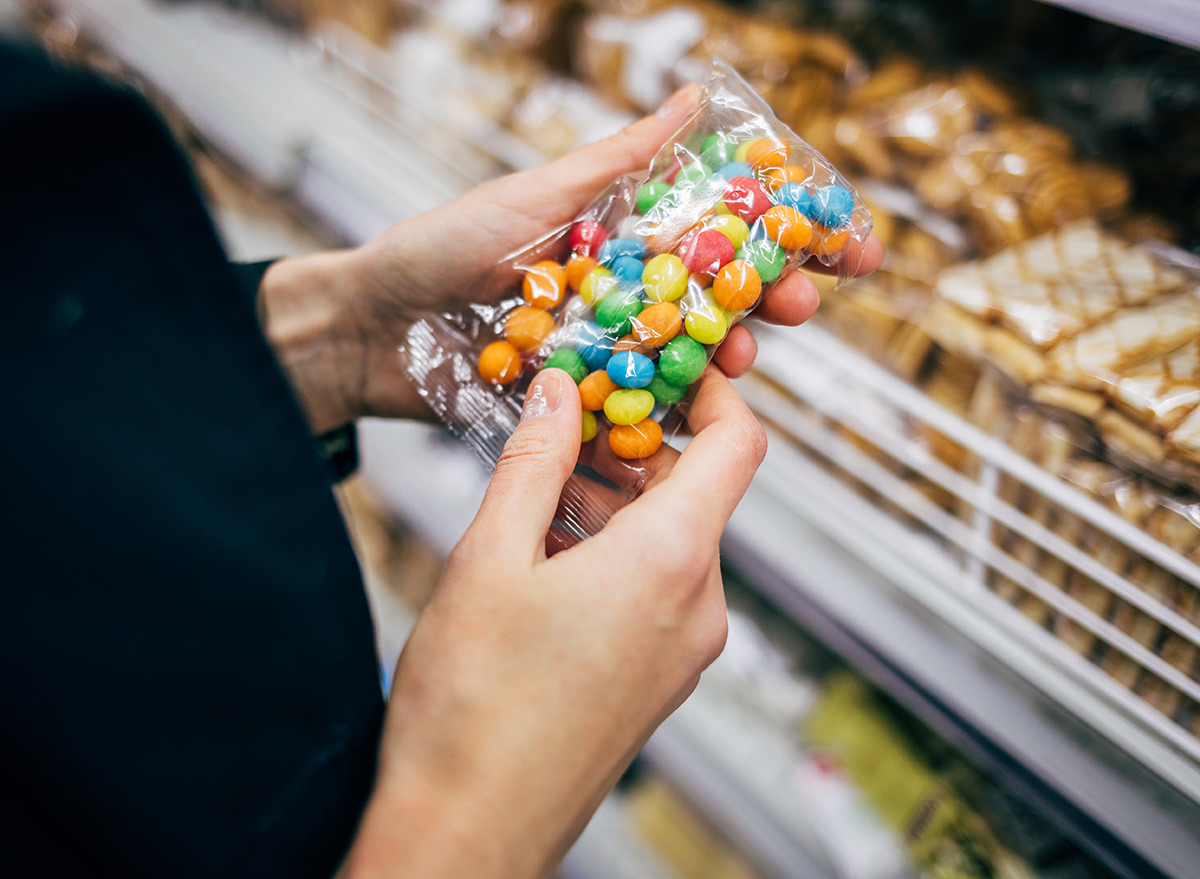
Sugar can be sneaky. While it is an obvious ingredient in sweet treats and beverages, it is also subtly prominent in packaged foods that line the shelves of grocery stores today—like granola bars, salad dressings, even ketchup.
And yet, while these types of groceries are laden with added sugars that aren't particularly good for you, these products have become household staples that seem nearly impossible to give up.
But what if the sugar content of these products wasn't so high? What if your favorite groceries tasted exactly the same, while also providing nutritional benefits? Would the health of our nation shift? Would we feel better about picking up the foods that have become an integral part of our homes?
Sure, brands have tried this in the past. "Diet" versions of many popular household foods exist on shelves today, marketed as sugar-free or fat-free renditions of your favorites.
But The Supplant Company doesn't claim to be the next diet product or the best new low-calorie sweetener. It hopes to completely alter the grocery industry. Made from a variety of fibrous plants, this new sugar can easily make your favorite packaged foods taste just as good, while also benefiting the environment—and your health.
As Chef Thomas Keller, puts it, "we are making history." After two years of experimenting with Supplant™ in his own recipes, this Michelin-rated chef was able to master the art of using this high-fiber sugar in recipes that had various media and food professionals marveling—and asking many questions: how can a sugar made from fiber taste this good? And can it really be healthier for you?
The big sugar problem

For Dr. Tom Simmons, CEO and founder of The Supplant Company, it all starts with plants. More specifically, the plants that aren't being used.
"Most plants are made of fibrous stuff," says Dr. Simmons. "If you think of crops, the bulk of the plant is the stems and stalks and leaves and roots and husks, and a very small amount is the fruit or the seed or the flower or the sugar. So the vast majority grown in farms is this fibrous stuff and it's not what the farmers intend to grow. It's poorly used waste. Sometimes it's burned, sometimes it's plowed back into the ground, and it's a byproduct of the agriculture industry that is free to use if people want to use it."
For example, cane sugar is squeezed out of a stalk and the sap is used to make sugar. This accounts for only about 20% of the dry matter—and typically the other 80% of the stalk (which is full of fiber) is discarded.
According to the World Wildlife Fund (WWF), sugar cane covers 65 million acres of land worldwide and uses up at least 25% of farmland grown in a dozen countries. It takes 213 gallons of water to produce a single pound of refined cane sugar—around nine gallons per teaspoon—and has fueled deforestation in some of the world's most threatened ecosystems.
Again, around 80% of those efforts are completely discarded.
The WWF also claims growers will need 50% more land by 2050 to keep up with sugar cane demand. Unless a solution presents itself.
The Supplant Company isn't just focused on sugar cane stalks, but other types of fibrous plants as well. They can also make their high-fiber sugar from corn cobs, wheat bran, and other commonly discarded plant matter that currently do not have a use in the mainstream food system.
"This stuff is the most abundant stuff on the planet, so not only is it nutritious but it's massively scalable," says Dr. Simmons. "The idea is that we can go very, very, very big with this. It doesn't end up being a diet product. It's just meant to be used by the food industry."
The fact that it can also nutritionally benefit one's body is a massive bonus.
Beloved grocery items could get healthier
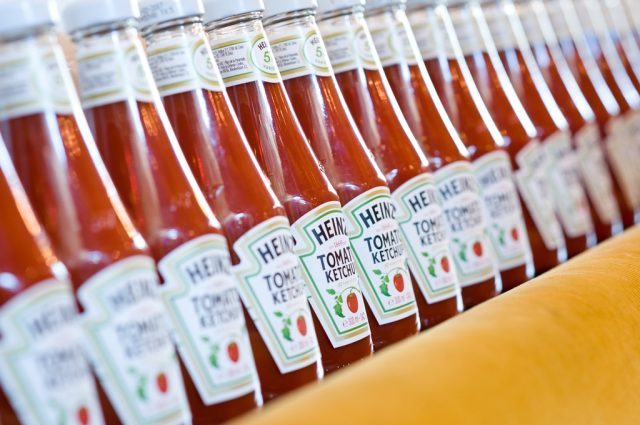
A vast majority of grocery products on shelves have hidden added sugars to enhance the taste. One single tablespoon of conventional ketchup contains 4 grams of sugar alone—which is between 11% and 17% of your recommended daily limit, according to the American Heart Association.
"Guidelines to limit sugar are somewhat more recent than guidelines to limit saturated and trans fat," says Lisa Young, PhD, RDN, author of Finally Full, Finally Slim and a member of our medical expert board. "For example, while food labels now have a daily value for sugar, previous food label regulations did not. People have gotten used to a lot of sugar, and only recently is there a push to limit it for the general population."
The world is becoming more and more aware of the impact sugar can have on one's health. Time and time again, studies show the negative implications of consuming too much sugar including metabolic syndrome, inflammatory disease, obesity, addictive behaviors, and poor mental health. While some solutions have presented themselves, there hasn't been a clear answer to the world's sugar problem—both environmentally and nutritionally.
Nevertheless, The Supplant Company not only provides an environmental solution for sugar cane production (as well as other plant materials), but also found a way to provide sugar for grocery products that is nutritionally healthier for the body.
"We use enzymes to break down the fiber into smaller long chains and small chains of sugars," says Dr. Simmons. "So what comes out the other end is technically a mix of sugars—partly sugars and partly fiber as well."
The result after this process is a low-calorie, low-glycemic, prebiotic sugar—meaning it won't raise your blood sugar levels as much due to the fiber content.
Fiber is a vitally important nutrient for one's overall health and weight management. It is indigestible—it binds to carbohydrates and moves through your system, benefiting your heart health, cholesterol, gastrointestinal health, blood sugar, and satiety. The Dietary Guidelines for Americans suggest up to 25 grams of fiber for women a day, and 38 grams for men—but most Americans only get around 10 to 15.
By using high fiber sugar, packaged foods could see a decrease in calories and an increase in fiber.
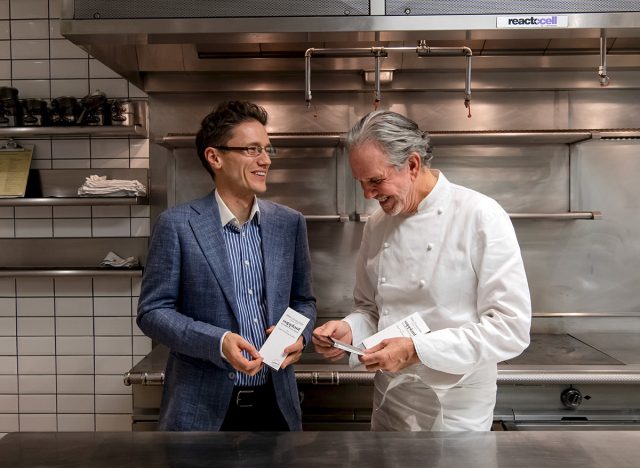
For Dr. Simmons, the goal isn't about bagging it up and selling it on shelves. It's about completely changing food products and solving the emerging sugar crisis that the climate—and our health—are currently facing.
"I'm trying to do this broadly across the food system," says Dr. Simmons. "Part of the advantage of using this fibrous material is you end up using something sustainable and [we're] inheriting from the nutritional benefit that comes from it. But also, because we are using raw materials, there's far more of it."
With early-stage investors like Ayesha Curry, Chris Paul, and Ryan Shadrick Wilson, the desire to change the food industry and alter grocery products for the better is one that is felt by many. Including the consumers.
Sugar reduction is already at top-of-mind for consumers
In a recent 2020 survey, the International Food Information Council (IFIC) noted that 74% of adults are looking to reduce their sugar intake. Although slightly down from 2019 results of 80%, there is still a major interest for individuals to reduce their added sugar consumption.
"Back in the 90s, we had 'snack well nation'—people were eating fat-free cookies and other products with lots of added sugar in large amounts. The push previously was to limit fat," says Young. "Research on heart-health and inflammation finally linked added sugar with poor health. But only in recent years has the public really caught on."
Numerous companies have popped up in the market to meet consumer demand to eat less sugar. Recently, seven low-sugar store brands (Enlightened, HighKey, Koia, Lemon Perfect, OLIPOP, Super Coffee, and Three Wishes) banded together to create the Alliance to Control Excessive Sugar (ACES) because the average American consumes 152 pounds of sugar a year. Grocery shelves are seeing a rapid increase in these types of low-sugar options as a response. Especially for one of the most popular high-sugar products—candy.
"I think it's safe to say that reducing sugar intake isn't really a trend, but it's actually a shift in consumer behavior," says Lauren Jans, R&D and Innovation Manager at Smart Sweets. "People are looking for products like these more now than they ever have before."
The numbers speak for themselves. In 2021, Smart Sweets reported 1.5 billion grams of sugar kicked from the market and out of consumer diets. A typical package of Smart Sweets cuts sugar at almost 90%, with an average of 3 grams of natural sugars per bag.
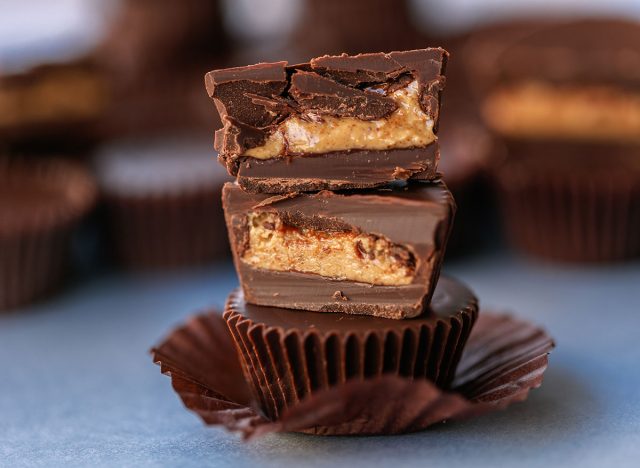
While Smart Sweets limits sugar by using different natural sweeteners—like allulose and isomalto-oligosaccharides (a soluble tapioca fiber)—other popular confection companies focus on simply reducing sugar while also focusing on high-quality ingredients.
"When we really set out on this mission to reinvent our favorites, we realized pretty quickly that when you use really high-quality ingredients you actually don't need as much sugar," says Kris Bronner, co-founder of UNREAL.
But would brands ever consider changing up the type of sugar they are using? While prioritizing real, certified, non-GMO ingredients, companies like UNREAL and Justin's are always open to using ingredients that can make their products even healthier.
"I think the most important thing for us is to make sure that it resonates with the brand from an authentic standpoint, and it meets our quality standards and our certifications," says Penny Andino, Vice President of Marketing at Justin's. "We need to verify that those standards can be met, and we do prioritize taste. Taste is really number one, as well as the quality certifications, so if we can meet those things that's how we vet out new ingredient opportunities."
"We are very careful and cautious about what we're putting in the product," says Bronner. "Where it is coming from, what plants it is coming from, and what the manufacturing process is behind it."
"We are always looking for suppliers with cutting edge, innovative ingredients that do support the kick sugar mission," says Jans.
While partnering with a new type of ingredient, like Supplant™, is exciting for what is to come, it would still take time to make significant change—depending on the types of products being developed. For companies like UNREAL, Smart Sweets, and Justin's, the process of completing a new product could take anywhere between a few months and up to four years of development.
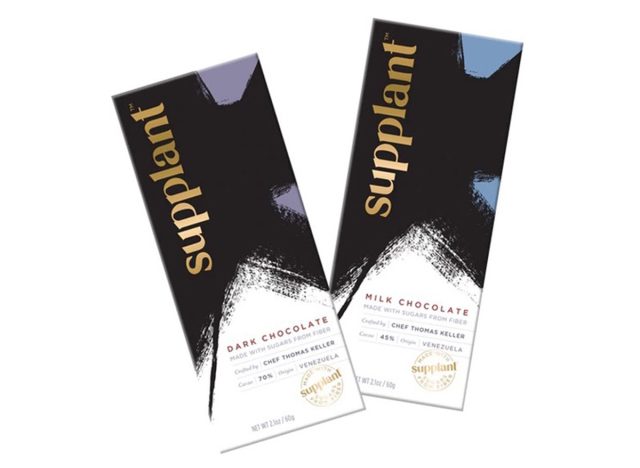
The science is there. Now, it's about execution.
Dr. Simmon's desire wasn't always to create a high-fiber sugar, but in making a difference outside of the world of academia.
"I always wanted to be a professor, I wanted to make big discoveries," he says. "I got some great publications, which is the metric in which academics measure their careers…but we were just publishing these papers and they would go in a journal and then we would move on to the next thing and it would sort of get lost."
As a food scientist, Dr. Simmons focused on sustainability and the use of plant materials. But it wasn't until attending an event in Manchester in 2017 that he understood the full grasp of the sugar problem.
"It was really [about] putting two and two together, figuring out why it hadn't been solved before, working with food scientists who understood the problem but didn't understand the sustainability stuff, and all these people who understood [sustainability] but didn't know about food," he says.
By 2018 he had two patents, and now has a self-affirmed Generally Recognized as Safe (GRAS) making it legal to sell Supplant™ nationwide. They are currently in the process of also receiving a No-Questions Letter from the FDA.
Although The Supplant Company does sell a line of chocolate bars and chocolate chips, their main goal is to work with companies looking to create a nutritional and environmental impact with their products. Chef Keller is a closer partner who not only developed the recipe for the chocolate bars, but he also uses Supplant™ for dishes in his restaurant and bakery.
"Nutrition is always at the forefront of what we do; being able to add nutritional impact to our foods, and therefore to our bodies," says Chef Keller in a press release. "Supplant™ sugars from fiber is yet another prime example that prioritizes this, as well as emphasizes sustainability, innovation, and health."
Timing seems to be on their side. With numerous consumers looking to reduce sugar intake, many companies are responding to consumer interests by finding new innovative ways to make their products even better for you.
"I'm really excited about what entrepreneurs and companies are doing in the healthier space," says Bronner. "People are already becoming more educated about what they're putting in their bodies. They demand better for you products."
"I do think it all starts with companies who want to make a difference and do believe in delivering the best nutrition," says Andino. "I think we can, we have to start from the inside to make a difference."
Have a nutrition story that needs to be told? Notice a food crime or scandal that needs to be uncovered? If you're looking to dive deep into a cutting-edge story about nutrition, fast food innovation, grocery stores, exercise, or any similar topics, pitch your story idea to [email protected] and tell us all about it.

